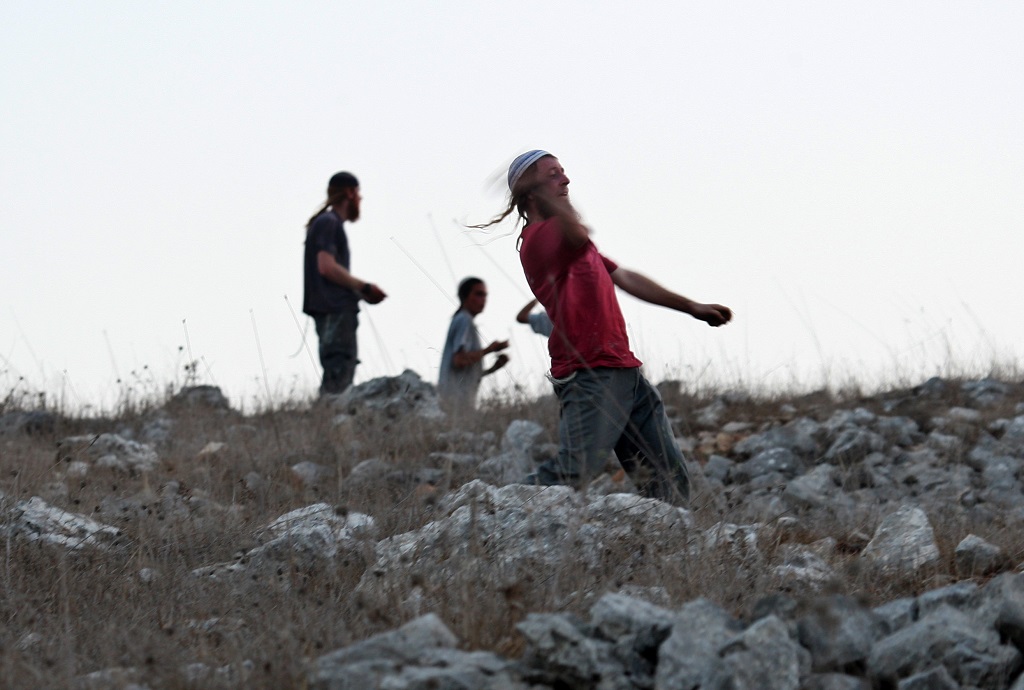GAZA, June 22, 2009 (WAFA)- Eight Courses designed to provide basic and intermediate Palestinian Sign Language have been implemented by the Atfaluna Society for Deaf Children (ASDC) as part of its EU-funded 'Adult Education Programme'.
In a press release ASDC said Monday :the Programme aims at increasing the ability of deaf people to communicate with their family members and the community in general.
The courses were conducted in three main geographical areas in the Gaza Strip –
According to Project manager Suad Lubbad, 'Since the beginning of the project, we've been receiving many requests from individuals and organizations to learn sign language. This suggests that Gazans have started to know about sign language and that many are interested in learning it. This means a lot for us and for the deaf; it helps us to meet our objectives and helps the deaf to meet their needs.'
Rajaa Hamarna, a trainee in the Palestinian Sign Language Training (PSL) and a mother of a five-year-old deaf girl, said: 'It was really hard for me to communicate with my baby. She could not understand me and I could not know her needs, which made all the family members very depressed. Now, since I learned sign language from the basic and intermediate PSL training courses which I took part in, I can understand my daughter clearly. Our relation as a mother and daughter is enhanced,' Rajaa laughed and added: 'Every day when she comes back from the Atfaluna kindergarten, she tells me everything that's happened to her. We talk and laugh for hours. I feel relieved now. Thank God there is such a wonderful programme in
The PSL Training is one of the activities carried out since 2006 under the 'Improving the Quality of Life for Deaf and Marginalized People in The Gaza Strip Project' co-funded by the European Union (with a maximum contribution of €750,000), and
The Atfaluna Society for Deaf Children (http://www.atfaluna.net) is a non-profit society established in the Gaza Strip in 1992. It aims to improve the quality of life of deaf children and adults and help them reach their full potential by providing quality education, health care, social services, and work opportunities.










